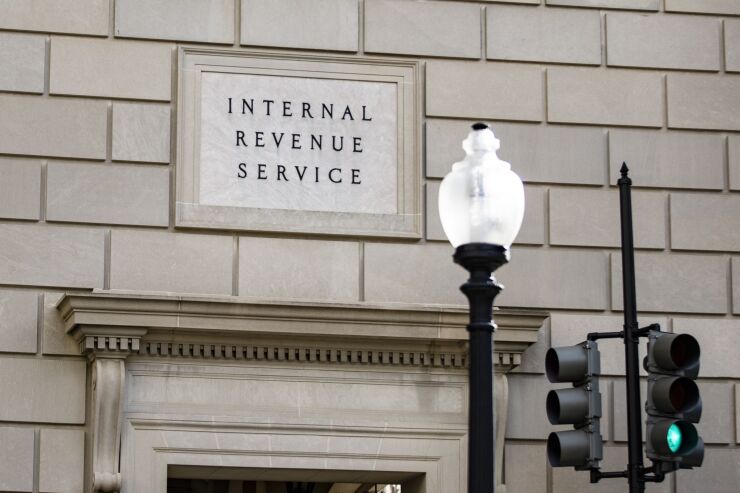The Internal Revenue Service and the Treasury Department want to curb the use of some types of monetized installment sale transactions by listing them as potentially abusive tax dodges.
They issued
The IRS included monetized installment sale transactions on its
Next the seller supposedly transfers the property to the intermediary, but the intermediary never really takes title to the property, or takes title only for a short time before transferring title to the buyer in exchange for the buyer's money or other property. The seller also gets a loan with an agreement that offers interest payments from the seller to the lender equivalent to the interest paid by the intermediary to the seller under the installment obligation.

Both the installment agreement and the loan involve interest due over the same periods, with the principal due in a balloon payment at or near the end of the term of the installment agreement and loan. The sales proceeds received by the intermediary from the buyer, minus some fees, are given to the lender to fund the loan to the seller or they're transferred to an escrow account for which the lender is a beneficiary.
The lender agrees to repay the amounts to the intermediary throughout the term of the installment obligation. The seller then treats the sale as an installment sale under Section 453 of the Tax Code on the income tax return for the year of the supposed sale and postpones recognition of the gain until the year in which the seller gets the principal balloon payment.
The Treasury and the IRS are asking for comments on the proposed regulations by Sept. 3 and have scheduled a public hearing for Oct. 12.





